FTC Negative Option Offer Comments
TINA.org submitted comments to the FTC regarding amendments to its Negative Option Rule.
TINA.org also filed a brief as amicus curiae in federal court in support of the FTC’s final amendments to its Negative Option Rule. To read about that effort, click here.

Timeline
2025
July 8
The Eighth Circuit Court of Appeals vacates the “Click-to-Cancel” rule in its entirety based on procedural grounds.
May 9
The FTC votes to defer the compliance deadline for the amended Negative Option Rule by 60 days, meaning companies now have until July 14, 2025 to comply with the Rule. The Commission issues a statement on the new deadline.
January 14
The FTC’s final amended Negative Option Rule (aka the “Click-to-Cancel” Rule) becomes effective.
2024
November 15
Final Negative Option Rule is published in the Federal Register. The rule is to become effective on January 14, 2025, and regulated entities have until May 14, 2025 to comply with certain provisions of the rule, including the “Click-to-Cancel” provision.
October 16
FTC announces final amendments to its Negative Option Rule (also referred to as the “Click-to-Cancel” Rule).
2023
June 20
In response to the FTC’s proposed amendments to the Negative Option Rule, TINA.org files a comment supporting the Commission’s proposals but also urging additional revisions to increase the rule’s utility and impact.
2019
December 2
TINA.org submitted a comment to the FTC, which was seeking public comment on ways to improve its existing regulations for negative option marketing, including whether the agency should use its rulemaking authority under the FTC Act to expand the scope and coverage of the existing Negation Option Rule.
In its comment, TINA.org urged the FTC to provide further consumer protection in this area and summarized relevant statistics concerning the scope of the problem (e.g., the growth of consumer complaints regarding free trials). TINA.org also explained how, in its current form, the FTC’s Negative Option Rule leaves consumers vulnerable to deception and that updating the Rule would be minimally burdensome to companies, essentially requiring them to be straightforward with its customers.
Featured

FTC’s Negative Option Rule Needs Improvement
TINA.org applauds proposed amendments but pushes for more.
The Latest
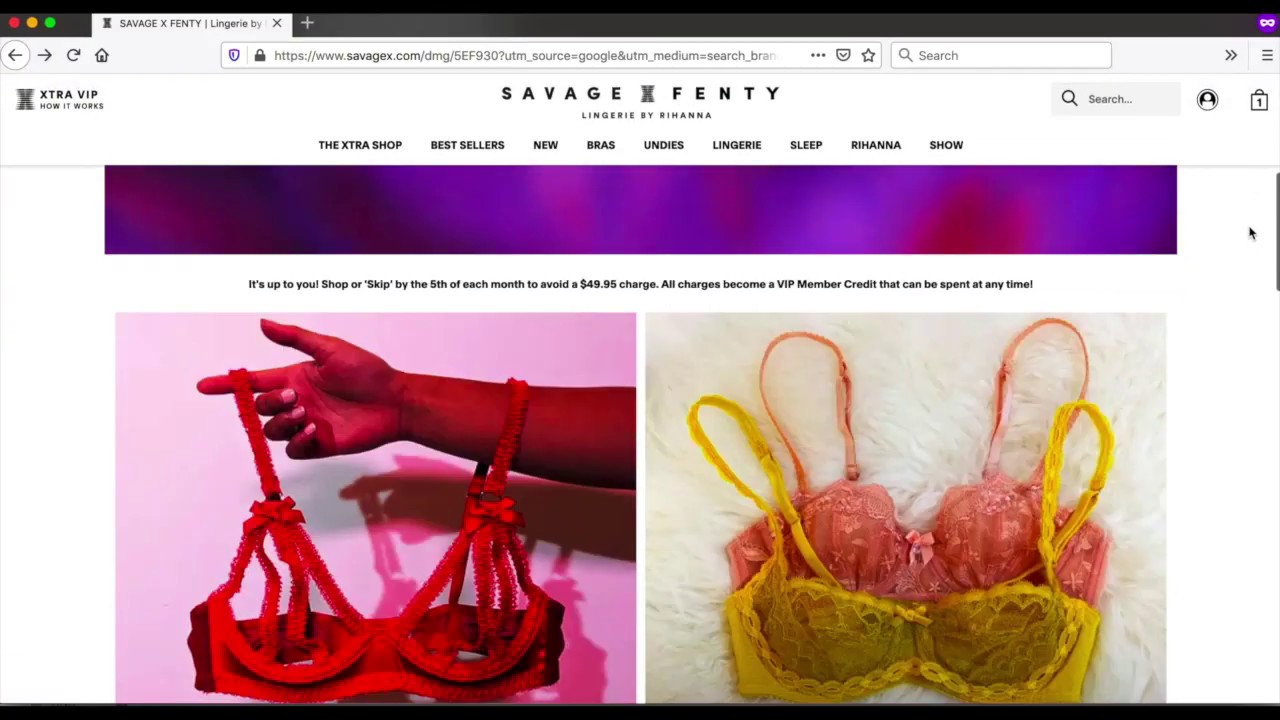
Savage X Fenty’s Deceptive Negative Option Offer

FTC Opts for Wait-and-See Approach on Negative Option
Before making any changes to its own rule, the agency will look to see how a 2010 statute plays out.
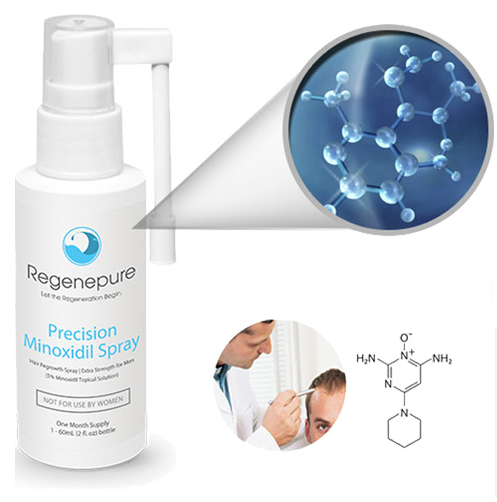
Regenepure
Watch out for this product’s negative-option offer that comes with any initial purchase.

Stripping Down Savage X Fenty’s Deceptive Marketing
Acting on TINA.org’s complaint, California regulators reach $1.2 million settlement with company.
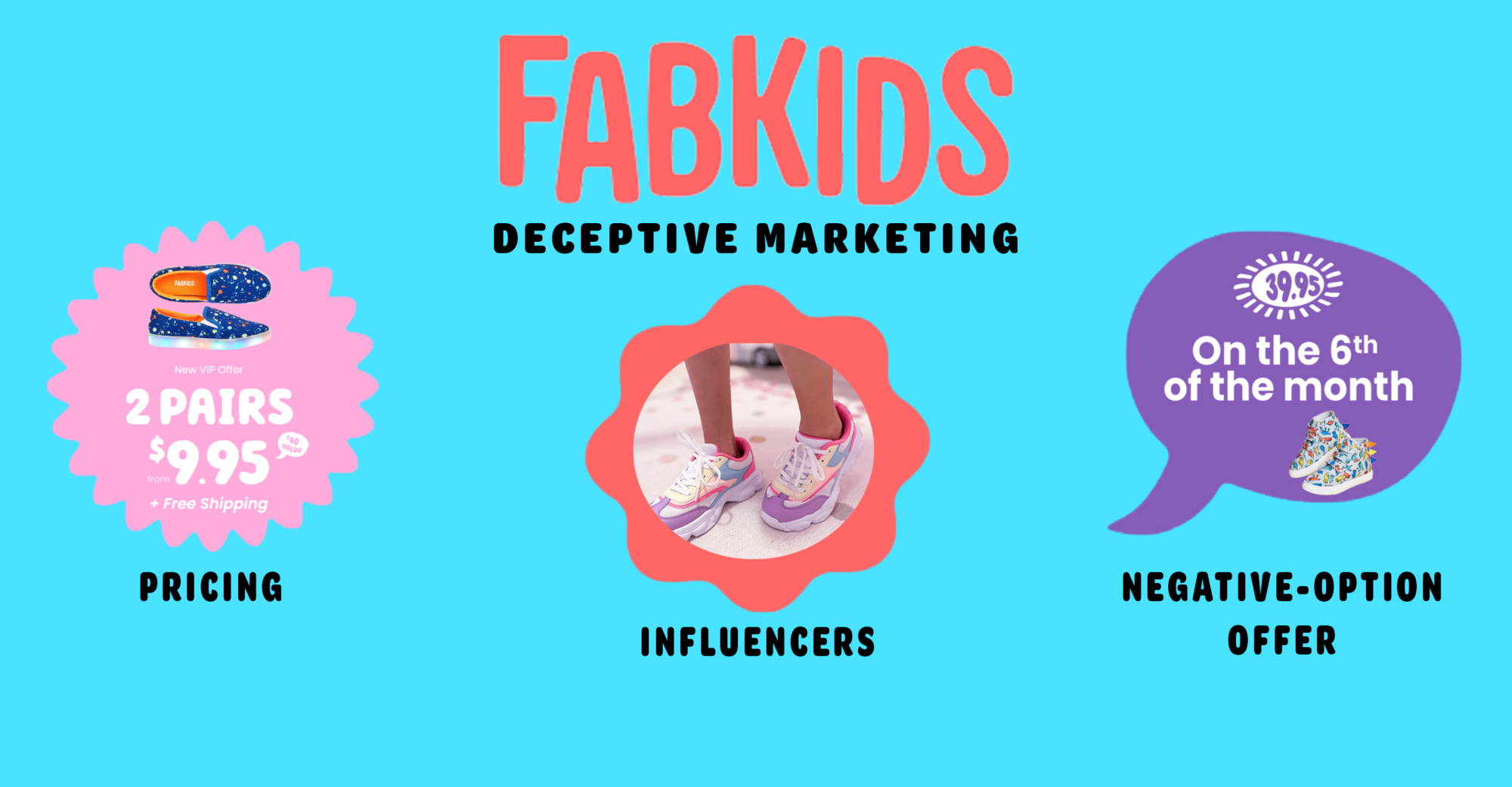
FabKids’ Back-to-School Ads Mislead Parents
Online retailer deceptively advertises members-only prices, TINA.org investigation finds.

What’s Missing, Adore Me?

How Adore Me Deceives You
TINA.org files complaint with state and federal regulators.

California Is Latest to Strip Down Adore Me’s Deceptive Marketing
Online retailer agrees to pay a minimum of $200,000 in restitution to settle California action.

Adore Me’s Deceptive Marketing Practices Laid Bare
Lingerie company agrees to pay more than $1.3 million in refunds to consumers.
Class-Action Tracker
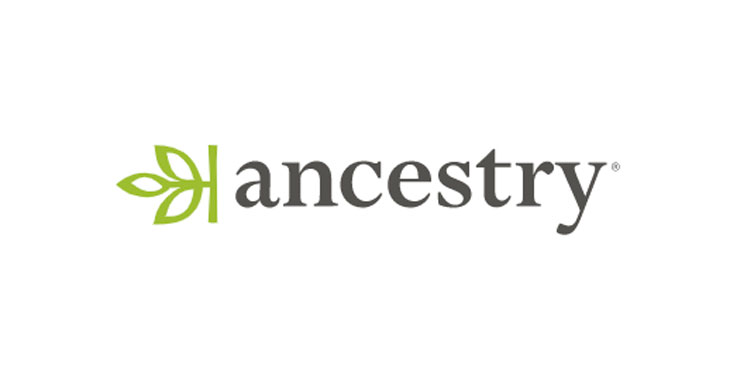
Ancestry.com
Allegations: Misleadingly offering free trials of subscriptions
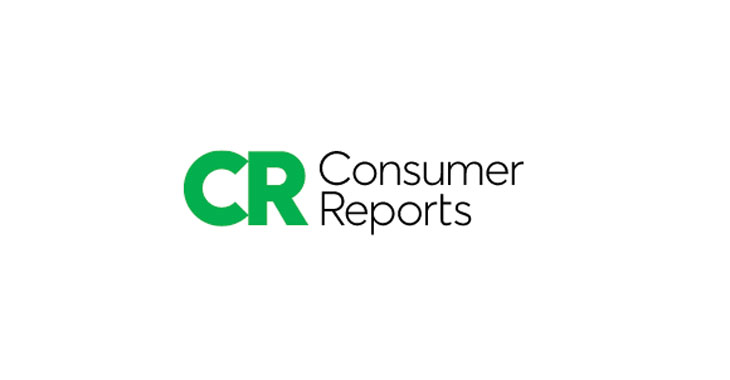
Subscriptions to Consumer Reports
Allegations: Failing to adequately disclose the terms of automatic renewal and continuous service subscriptions

Subscriptions to The New York Times
Allegations: Failing to adequately disclose that consumers are enrolled in a program that automatically renews their subscriptions
